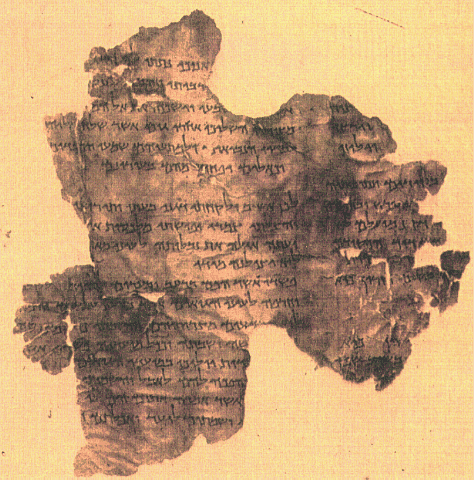Sermon Title:
How Can We Forget?
| |
You probably do not have the Flash Player installed for your browser!
|
|
|
| Hosea 9:4-5
(Part1) |
Hosea 9:4 (Part2) |
Leviticus 23:10 & 18 (Part3) |
| Exodus 29:39-40 (Part1) |
Leviticus
7:1-14
(Part2) |
Leviticus 24:7 (Part3) |
| Numbers 28:14
(Part1) |
Leviticus 23:10 (Part2) |
Hosea 9:4-5 (Part3) |
Many of us have gotten so used
to God in our lives that we fail to worship Him as we
should. We certainly do not thank
Him as we should for all that He does for us. When we
take God for granted and we forget Who God is and what
He does for us,
we may be on the same track that the Northern Kingdom
was on when God gave them up. We must daily give
thanksgiving to
God and give the offerings to Him that He requires. |
| |
|
| Verses Referenced during the Sermon |
| Numbers 15
(Part1) |
1 Kings 12:25-33
(Part2) |
Matthew 28:1-8 (Part3) |
| John 3:16
(Part1) |
1 Corinthians
11:27-34
(Part3) |
Leviticus 23:1-44 (Part3) |
| 1 Corinthians
11:24
(Part2) |
Matthew 27:45-50
(Part3) |
|
|
 |
Parchment - Copied late first
century B.C.E.
Height 17.5 cm (6 7/8 in.), length 16.8 cm (6 5/8 in.)
Courtesy of the Israel Antiquities Authority
Known as "The Hosea Commentary
Scroll" was first published by J. Allegro as the fifth
volume of the official publication series, "Discoveries
in the Judaean Desert." |
|
| |
| Traditional 12 Tribes Of Israel |
| Reuben |
Issachar |
Naphtali |
Benjamin |
| Simeon |
Zebulun |
Gad |
Joseph |
| Judah |
Dan |
Asher |
Levi |
|
| 12 Tribes (according to allotment of
land) |
| Reuben |
Issachar |
Naphtali |
Benjamin |
| Simeon |
Zebulun |
Gad |
Ephraim (Son of Joseph) |
| Judah |
Dan |
Asher |
Manasseh (Son of Joseph) |
Levites being priest
were not allocated land, except a number of cities located
within the territories of the other tribes.
(Joshua 14:3). Jacob elevated the descendants of Ephraim and
Manasseh (the two sons of Joseph by his Egyptian wife Asenath)
(Genesis 41:50) to the status of full tribes in their own right,
replacing the Tribe of Joseph (Joshua 14:4). |
Israel was divided during the reign of Rehoboam (son of Solomon
960s BCE). Israel (Northern Kingdom) rejected Rehoboam as their
king. Ten tribes formed the
Northern Kingdom: the tribes of Reuben, Issachar, Zebulun, Dan,
Naphtali, Gad, Asher, Ephraim,
Simeon and Manasseh. In addition, some
members of Tribe of Levi, who had no land allocation, were found
in the Northern Kingdom. The Tribes of Judah and Benjamin
remained loyal to Rehoboam, and formed the Kingdom of Judah (or
Southern Kingdom). Members of the Tribe of Levi, and the remnant
of the Tribe of Simeon was also part of the Southern Kingdom. |
| |
